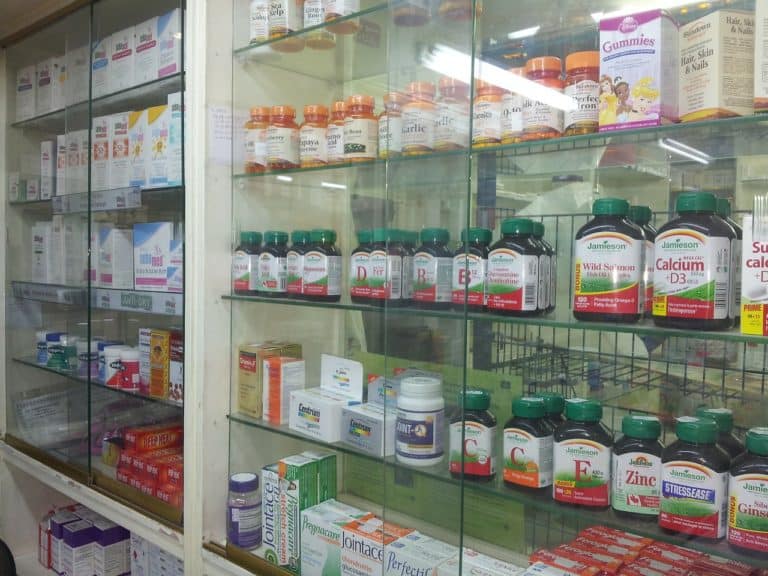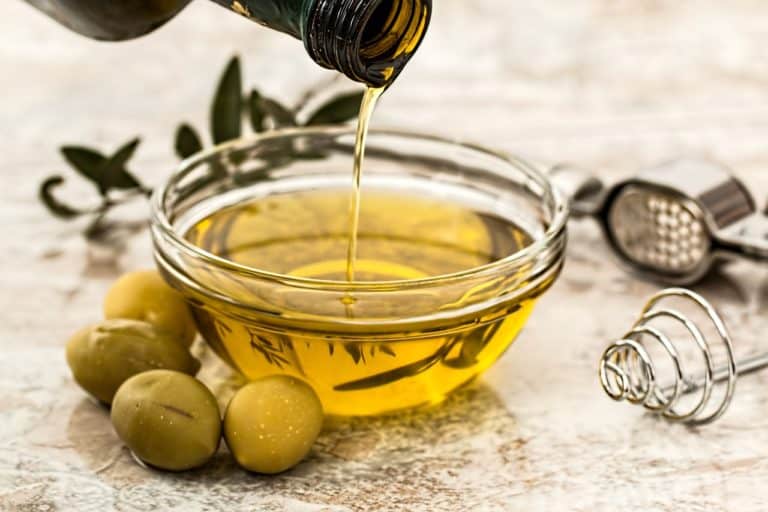There are many myths about men’s health that men commonly regard as fact. There are also some weird sayings that are hard-to-believe yet true. Find out which common beliefs are fact and which ones are simply not true. We’ll break down 10 of the common myths about men’s health so you know where and where not to spend your energy.
More men die from prostate cancer than any other cancer
Myth.
Prostate cancer is the second most prevalent cancer in men. Lung cancer is the number one cancer, killing more men (and women) in the US each year than prostate cancer or any other cancer. While one in six men are diagnosed with prostate cancer, one in thirty-six will die from it. Prevention and early diagnosis can help beat this disease. Having your PSA tested is the first step in determining your risk of prostate cancer.
Wearing briefs reduces sperm count
Myth.
This surprising myth is commonly spouted as truth. It is probably one of the myths about men’s health that even some doctors still advise patients to do. Many men trying to make a baby have traded their “tighty whities” for boxers in fear of affecting sperm count. This is not necessary. The evidence suggesting that wearing briefs affects sperm count is inconsistent. Prolonged exposure to high temperatures may affect sperm count, but the difference in underwear choice creates about a half a degree difference. Here is some practical advice you can use: Avoid overheating your testicles by staying out of hot tubs and refraining from placing your laptop on your lap.
Only Women Get Osteoporosis
Myth.
The fact is that that men are also at risk for this disease, which causes the skeleton to weaken and bones to fracture more easily. The risk factors for men include age, low testosterone levels, smoking, excessive alcohol intake, use of steroid medications, immobilization, and gastrointestinal disease. To protect your bones, take steps to manage your hormones as you age. One way to do that is to take a male health supplement like EveryDay Male®. You should also exercise regularly.
No pain, no gain
Myth.
This myth has been said by most men at some point in a workout, but the truth is that you do not gain anything by pain except risk of injury. Having muscle soreness for a few days after a workout or new activity is normal though.
Frequent shaving makes your beard thicker
Myth.
The texture and thickness of you hair is determined by the size and shape of your hair follicle. Since shaving does not change your hair follicle, how often you shave will not make thicker hair, even if you think it seems thicker.
Wearing a hat or blow-drying hair causes baldness
Myth.
There is no evidence to suggest that blow-drying your hair or wearing a hat will cause hair loss. Men lose their hair for genetic reasons or from some other change. For example, hair loss is one of the unpleasant side effects and one of the reasons to avoid testosterone replacement therapy.
Men hit their sexual peak at age 18
Fact.
The unfortunate truth is that men’s testosterone (sex hormone) really does peak at age 18. But having all that testosterone does not equal performance that comes with years of experience. There are many ways to naturally boost your testosterone production back to more youthful levels without resorting to testosterone replacement therapy. There are also many sex exercises for men to help with performance and stamina.
Drinking beer causes a beer belly
Fact.
Yes, the extra calories in beer (just like excess calories from anything) can cause your waistline to keep growing.
Men can’t get breast cancer
Myth.
Men CAN get breast cancer. This rare cancer affects about 1 in 1,000 men. Are you at risk? Risk factors include age, alcoholism, obesity, high estrogen levels, and chronic liver disorders.
Grilled meat causes cancer
Fact.
Eating meat heated to high temperatures is a risk factor for cancer, including prostate cancer. Cook meat at lower temperatures and avoid eating charred meat. It also helps to avoid the flames and smoke by putting aluminum foil between the grill and your meat. An even better plan is to eat less meat as a whole, especially if you are concerned about your health.







